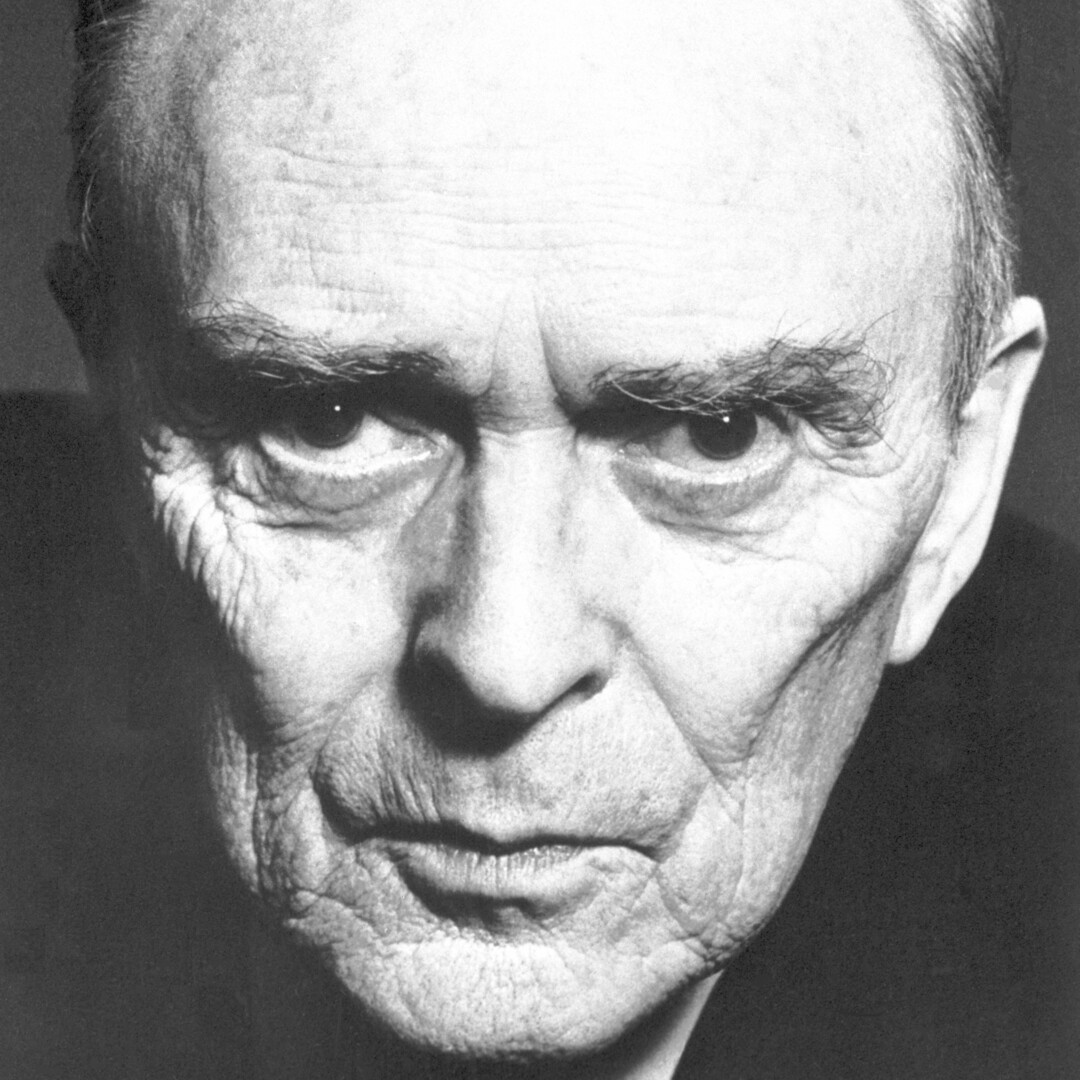Seán MacBride
Speed read
Seán McBride was awarded the Nobel Peace Prize for his efforts on behalf of human rights as one of the founders of Amnesty International. He shared the prize with Eisaku Satō.

Full name: Seán MacBride
Born: 26 January 1904, Paris, France
Died: 15 January 1988, Dublin, Ireland
Date awarded: 9 October 1974
From the IRA to Amnesty International
Seán MacBride received the 1974 Nobel Peace Prize for his efforts to promote human rights, including helping to found Amnesty International. In 1974, he also served as chairman of the International Peace Bureau and Deputy Secretary-General of the UN. MacBride’s young years were dramatic. By 13 he was already involved in the struggle for Irish independence, fighting in the final battles against the British before an Irish free state was formed in 1921, as well as in the ensuing civil war. He supported Eamon de Valera who refused to accept that Northern Ireland remained part of the United Kingdom. After WWII, MacBride served as the Irish Minister of External Affairs for several years. He played a key role in founding the Council of Europe and formulating the 1950 European Convention on Human Rights.
| The Council of Europe Founded in 1949. Headquartered in Strasbourg. Comprised 46 member countries in 2005. Has adopted the European Convention on Human Rights and established a European Court of Human Rights. |
"Seán MacBride has sought to include binding provisions on human rights in international conventions and was an early advocate of a high commission for human rights within the United Nations."
The Norwegian Nobel Committee, Announcement, 1974.
Irish freedom fighter
Seán MacBride’s father was killed in the 1916 Easter Uprising against the British. A year later, MacBride joined the Irish Republican Army (IRA). In 1919, the British capitulated, but retained control over Northern Ireland. A civil war broke out between those Irish who accepted the division of the country, and those who did not. MacBride supported the latter, who lost. In 1936, he left the IRA, which he felt was moving in an extremist nationalist direction. However, he served as legal counsel for IRA members facing the death penalty and criticised harsh prison conditions that led several prisoners to launch fatal hunger strikes.
| IRA Irish Republican Army. Founded in 1919. Played a decisive role in the war of liberation against Great Britain. Its goal is to unify Ireland. Starting in 1970, the IRA committed acts of terrorism and assassination in Northern Ireland and England. In 2000 the IRA agreed to abandon its armed struggle. |
"MacBride emphasized the fundamental relationship between peace and human rights ..."
Irwin Abrams in The Nobel Peace Prize and the Laureates, page 224, Science History Publications/USA 2001.
Disarmament!
In his Nobel Prize lecture, Seán MacBride denounced the nuclear arms race and the Western military-industrial complex. He laid out a programme for disarmament and the strengthening of human rights, with the ultimate goal of establishing “a world parliament and government.” After receiving the peace prize, MacBride was awarded the Soviet Lenin Prize, most likely on the grounds that he had said in his Nobel Prize lecture that the Soviet Union had shown the greatest will and ability to disarm because it did not have a profit-motivated weapons industry.
Learn more
Seán MacBride was born on January 26, 1904 in Paris. He took an active part in the movement for Irish independence and suffered imprisonment on several occasions ...
Disclaimer: Every effort has been made by the publisher to credit organisations and individuals with regard to the supply of photographs. Please notify the publishers regarding corrections.
Nobel Prizes and laureates
Six prizes were awarded for achievements that have conferred the greatest benefit to humankind. The 12 laureates' work and discoveries range from proteins' structures and machine learning to fighting for a world free of nuclear weapons.
See them all presented here.
